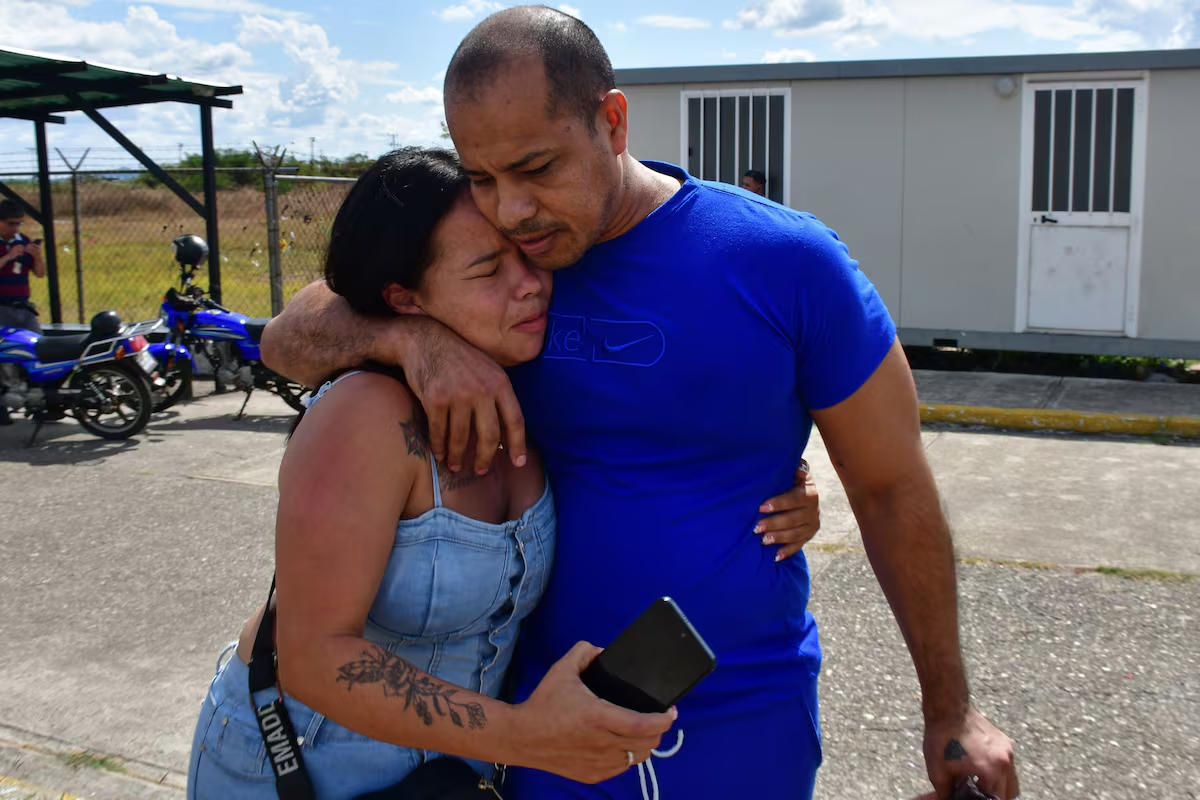Federal agents unsealed a criminal complaint in Detroit this week detailing how a pair of Chinese researchers allegedly tried to bring a dangerous agricultural pathogen into the United States. The FBI says that on 27 July 2024 customs officers at Detroit Metropolitan Airport found several clumps of reddish plant tissue wrapped in tissue paper and hidden in the backpack of 34-year-old Zunyong Liu. He first claimed ignorance, then admitted the material was a live culture of Fusarium graminearum—a fungus that attacks wheat, barley, maize and rice, causes livestock illness, and can sicken humans. The discovery triggered a year-long undercover investigation that culminated in Tuesday’s arrests of Liu—who is believed to have fled back to China—and his girlfriend, 33-year-old Yunqing Jian, a post-doctoral research fellow in a University of Michigan plant-biology laboratory. Jian was taken into custody on campus; Liu was charged in absentia. Both face counts of conspiracy, smuggling, visa fraud and making false statements.
Suspects, Funding and Falsehoods
According to the 51-page affidavit, Jian and Liu conducted parallel research on F. graminearum at Chinese institutions before applying for U.S. visas in 2023. Investigators say Jian’s electronic devices contained documents affirming her membership in—and loyalty to—the Chinese Communist Party and showed that she had received government grants in China specifically earmarked for “bio-security applications” of the fungus. Liu worked at a provincial agricultural university, published studies on Fusarium toxins and, prosecutors allege, planned to start a private lab in China once he gained access to additional U.S. research resources.
When U.S. Customs and Border Protection (CBP) first questioned Liu, he denied knowing about import restrictions on biological agents, then suggested an unknown person had planted the samples. In a follow-up interview he admitted he had hidden the tissues in a wad of paper “so CBP officers would be less likely to find and confiscate them.” Airline records show Jian booked Liu’s flight and sent him a text message saying she “still had to work” for him on the project. A scientific article titled “Plant-Pathogen Warfare under Changing Climate Conditions” was later found on Liu’s phone, and lab-safety logs recovered from Jian’s office suggested she was already culturing F. graminearum without university permits.
Federal prosecutors note that fused sections of Jian’s lab notebook discussed “methods for aerosol dispersal in humid environments.” The University of Michigan does not hold the federal permits required to handle or study the fungus, and officials say Jian never disclosed the work to campus biosafety committees.
The Fungus and Its Potential Impact
Fusarium graminearum causes head blight—sometimes called scab—in cereal crops. It reduces yields, contaminates grain with mycotoxins and has been responsible for billions of dollars in worldwide agricultural losses. The fungus’ toxins can induce vomiting, immunosuppression, liver damage and reproductive problems in livestock and, at high doses, in humans. Scientific literature—cited in the FBI filing—describes the pathogen as a “potential agroterrorism weapon” because it can be dried, milled into powder and spread over fields or transported in infected seed shipments. Unlike many human pathogens, F. graminearum would not require sophisticated biocontainment facilities to propagate on a large scale; a modest greenhouse or even kitchen-grade incubators can sustain cultures.
Agriculture experts point out that the United States produces roughly 50 million metric tons of wheat and 380 million tons of corn annually. Even a single regional outbreak could drive up global grain prices, hit livestock feed supplies and cascade into higher consumer costs for bread, beef and dairy products. Because the fungus overwinters in crop residue, eradication typically demands burning fields or applying costly fungicides across entire counties.
National-Security Significance and Official Reactions
FBI Director Kash Patel called the case “a sobering reminder that the CCP deploys operatives to infiltrate U.S. institutions and target our food supply.” U.S. Attorney Jerome Gorgon described the smuggling attempt as “one of the gravest national-security concerns we have confronted this year.” Homeland Security officials stressed that the operation underscores the importance of agricultural inspections at ports of entry: CBP’s Detroit Field Office now plans quarterly refresher training on biological red-flags for its officers.
The arrest comes as the Trump administration intensifies scrutiny of Chinese nationals on U.S. campuses. Last week Secretary of State Marco Rubio announced plans to “aggressively revoke” student visas for individuals tied to the CCP or studying sensitive disciplines. Acting ICE Director Brooke Rollins has suggested that some universities “collaborated with foreign adversaries” by providing laboratory access without adequate oversight.
Meanwhile, the University of Michigan has suspended Jian and placed her entire lab space under seal pending a biosafety audit. The school said it had “no prior knowledge” of unauthorized Fusarium work and is cooperating fully with federal authorities.
Legal Process and Possible Sentences
Jian appeared before a magistrate judge Tuesday afternoon and was ordered held without bond until a detention hearing. Prosecutors argued she posed a flight risk, citing her CCP ties and frequent travel to China. Liu’s whereabouts remain unknown; because the United States has no extradition treaty with China, his arrest would require him to re-enter U.S. or allied jurisdiction.
Each count of conspiracy and smuggling carries up to 20 years in federal prison; visa fraud and false-statement charges add potential five-year terms. If convicted, Jian could face deportation after serving her sentence. The Justice Department will decide within 30 days whether to seek a grand-jury indictment.
Broader Policy Implications
The episode has renewed calls for a comprehensive biosecurity law covering agricultural pathogens. Sen. Joni Ernst plans to introduce a bill mandating pre-clearance for foreign researchers handling Tier-2 plant pathogens, expanded CBP screening budgets, and criminal penalties for universities that fail to report unauthorized biowork. Farm-state lawmakers argue that agroterrorism preparedness lags behind bioterrorism planning for human diseases.
Industrial agriculture groups welcomed the arrests but warned that “one interception is not a systemic fix.” They advocate increased surveillance of seed imports and stepped-up FBI outreach to state extension services that could detect unusual crop disease clusters early.
The Potential Paths Forward
For now, the FBI’s disruption prevented a potential field-scale experiment with a pathogen capable of damaging the heartland’s grain belt. The case will likely amplify scrutiny of foreign scientists, accelerate efforts to harden laboratory-permitting systems and re-energize legislative efforts to criminalize unauthorized possession of high-risk plant pathogens. It also stands as a stark reminder that biological threats to national security extend far beyond viruses that infect humans; attacking crops can be just as devastating to a nation’s economy and food security.














Discussion